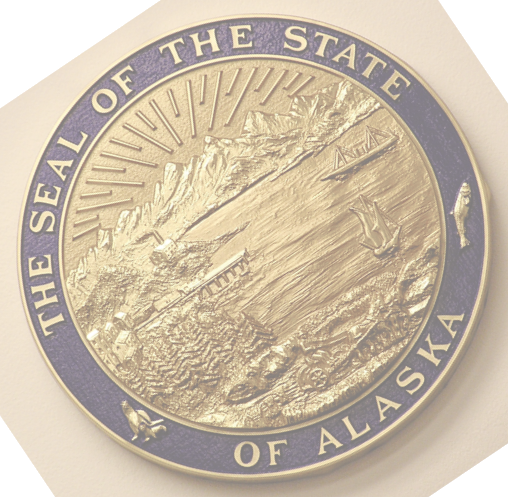Last week, I introduced Senate Bill 167 as a Senate Finance Committee bill to separate oil and gas production taxes, commonly referred to as “decoupling.” Today, my staff presented the bill to the committee and we invited the Department of Revenue to provide testimony. In 2010, I carried the same legislation (Senate Bill 305) which passed the Legislature but was subsequently vetoed by the Governor.
The problem this legislation is intended to fix still exists today and must be resolved. Under the current ACES tax system, oil and gas are taxed at one rate based on the combined BTU (British Thermal Unit) equivalent value of both commodities. However oil and gas are two distinct commodities with vastly different economic value. Recently, North Slope crude has been trading at around $110 per barrel while the price for natural gas has been below $3 per million BTUs. That means right now, oil is almost 40 times the value of natural gas on a BTU equivalency.
When the price of oil is significantly higher than gas, Alaska’s coupled tax structure allows lower-value gas to dilute the revenues generated by higher-value oil. The net effect is lower tax liabilities for producers and reduced revenue for Alaska. Under forecasted production and pricing scenarios, the state could potentially see upwards of a $2 billion per year loss in revenue in the event of a major gas sale. In other words, Alaska would get no money for its gas and even less money for its oil.
This is unacceptable to me and many of my colleagues in the Senate. In the coming weeks, I will work with the Governor and the industry to reach a mutually agreeable resolution to this deficiency in our current tax structure. You can find more information and access the committee documents for Senate Bill 167 here.

Comments are closed